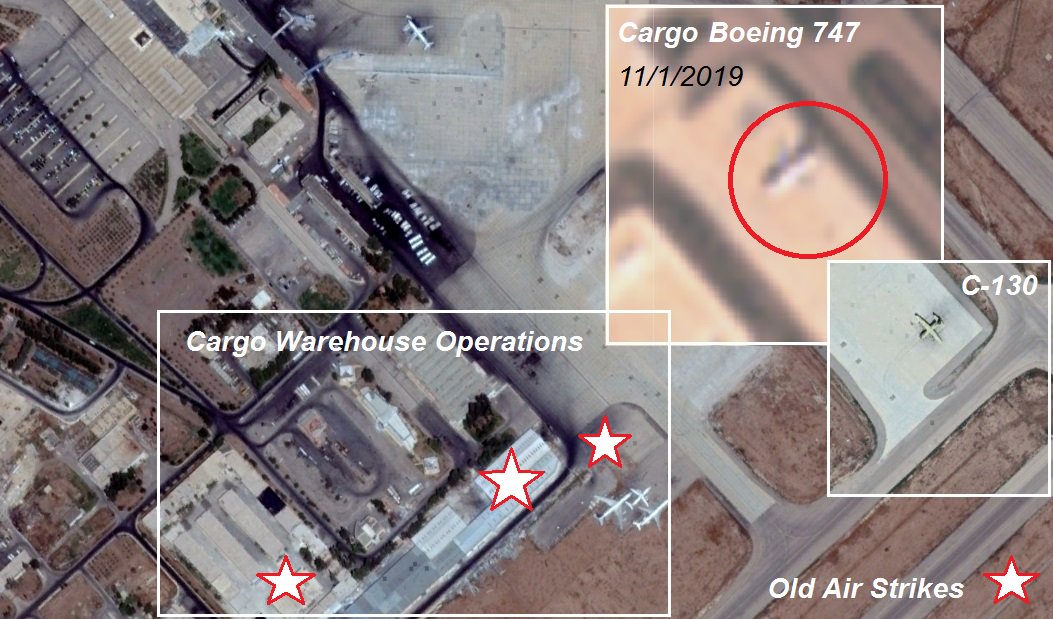NGO Monitor: EAPPI: The World Council of Churches’ Training Camp for Anti-Israel Advocacy
Executive Summary Click Here for Full Report [pdf]World Council of Churches trainees use antisemitic rhetoric, advocate BDS
- EAPPI, the World Council of Churches’ flagship project on Israel and the Arab-Israel conflict, has brought 1,800 volunteers to the West Bank to “witness life under occupation.” The World Council of Churches does not run similar activities in other conflict zones. By singling out Israel, EAPPI embodies antisemitism, as defined in the International Holocaust Remembrance Association’s working definition.
- Despite marketing itself as a human rights and protection program, EAPPI places significant emphasis on political advocacy before, during, and after the trip. When volunteers return to their home countries and churches, they engage in anti-Israel advocacy, such as BDS (boycott, divestment, and sanctions) campaigns and comparing Israel to apartheid South Africa and Nazi Germany.
- Participants are selected by country-specific non-governmental organizations (NGOs) known as “National Coordinators.” The National Coordinators are also active in BDS and other delegitimization campaigns against Israel.
- EAPPI receives funding from a variety of sources, including the WCC and National Coordinators. Funding from different governments is directed to EAPPI through the National Coordinators and via UNICEF.
- EAPPI contributes to a UN “Working Group” consisting of a number of UN agencies and NGOs that collaborate on and coordinate politicized anti-Israel campaigns in the West Bank. In this capacity, EAPPI does “a lot of administrative work which is fed into UN systems.”
- EAPPI partners with a number of political NGOs in the region, including groups that support BDS campaigns against Israel and/or that accuse Israel of “war crimes.”
- The significant problems with EAPPI, as laid out in this report, should be seen in light of the antisemitism1 and demonization that emerges from EAPPI’s parent body (World Council of Churches), partners, and affiliated staff.
WCC leadership and EAPPI volunteers have repeatedly made comparisons of Israeli actions to those of Nazi Germany in their advocacy sessions. For example, WCC general secretary Dr. Olav Fyske Tveit said: “I heard about the occupation of my country during the five years of World War II as the story of my parents. Now I see and hear the stories of 50 years of occupation.”Caroline Glick: The New York Times' War on Israel and Jews Who Support It
In 2017, an observer Rev. Gordon Timbers of the Presbyterian Church of Canada gave a presentation. When an audience member asked if “Jewish people who go in to see...the model of the gas chambers” see similarities between that and the West Bank, Timbers responded that “there are similarities,” including the use of identification papers.
South African EAPPI activist Itani Rasalanavho said during an “Apartheid Week” event in his home country that “the time has come to say that the victims of the Holocaust have now become the perpetrators.”
In a presentation by Rev. Joan Fisher, an EAPPI activist, she quotes a Palestinian cleric as saying: “We are sympathetic to the suffering of our Jewish brothers and sisters in the Holocaust, but you don’t deal with one injustice by creating another injustice.”
The IHRA Working Definition of Antisemitsm states that “drawing comparisons of contemporary Israeli policy to that of the Nazis” is an example of antisemitism.
The WCC supports boycotts and divestment from settlements, but EAPPI activists have called for a boycott of all of Israel.
The EAPPI publication “Faith Under Occupation” called in 2012 for “sanctions and suspension of US aid to Israel,” to “challenge Israel in local and international courts” and “economic boycotts.”
EAPPI National Coordinator in South Africa Dudu Mahlangu-Masango signed a letter to then-president Jacob Zuma calling “on our government and civil society to instigate broad-based boycott, divestment and sanctions on Israel” in 2012. She repeated this call in a 2018 television interview, calling for “total sanctions” on Israel.
Following the 2016 presidential election, Weisman wrote a book which purported to be about anti-Semitism titled, (((Semitism))): Being Jewish in America in the Age of Trump.
Weisman did three things in his book. He used the presence of antisemitism on the right as a means to castigate the entire Republican party and conservative movement as antisemitic. He ignored and dismissed antisemitism on the Left. And finally, Weisman attacked Judaism, Jews who observe Judaism, and Jews who support Israel.
Weisman accused pro-Israel American Jews of disloyalty to America, arguing, “The American Jewish obsession with Israel has taken our eyes off not only the politics of our own country, the growing gulf between rich and poor, and the rising tide of nationalism but also our own grounding in faith.”
Weisman’s January 4 article in the Times was an amplification of the arguments he made in his book. Again he ignored left wing anti-Semitism. He regurgitated Goldberg’s allegations of Israeli moral infirmity. He defended Tlaib and Omar and their hatred for Israel. And thne, Weisman insisted that American Jewry should forget its ties to Jewish tradition and to the Jewish people and instead embrace an identity based entirely on leftist ideology and propaganda.
In his words, “American Jewry has been going its own way for 150 years, a drift that has created something of a new religion, or at least a new branch of one of the world’s most ancient faiths.”
It is hard to know how influential the Times‘ ever-escalating campaign against Jews will be on the American Jewish community. Survey results and other data indicate that the vast majority of American Jews are not buying the claim that Israel is morally infirm, incapable of discerning its national interest, and deserving of hatred and destruction.
Most American Jews don’t think that American Jews should tell Israel how to handle the security and other challenges it faces. And even as anti-Israel groups in the American Jewish community receive adulation and attention disproportionate to their small numbers, they do not seem to have built major inroads into the Jewish community. This explains why their efforts are directed towards weakening existing Jewish institutions rather than building their own. Their constituencies are too small to support them.
But whether the New York Times succeeds or fails in its campaign to mainstream leftist antisemitism, shame pro-Israel American Jews, and detach the Jewish community in the U.S. from Israel and the rest of the Jewish world, it is worth taking note of, and condemning, what the newspaper is attempting to do.




































